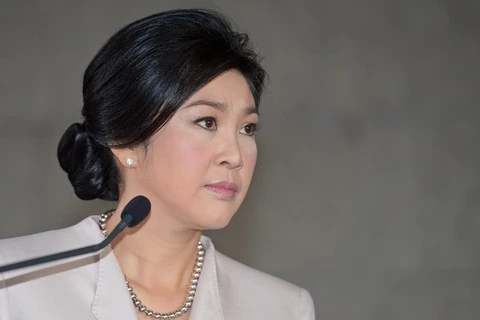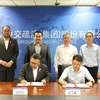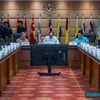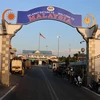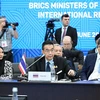Bangkok (VNA) - Thailand ’s Appeals Court on February 17 dropped the case against former Prime Minister Abhisit Vejjajiva and his former deputy Suthep Thaugsuban, brought against them for the deadly military crackdown of red-shirt protesters in 2010.
The ruling by the Appeals Court was seen to uphold an earlier ruling by the Criminal Court, which had in August 2014 rejected to proceed to trial with the two persons, citing that it had no jurisdiction to handle the case.
Abhisit and Suthep were charged with murder and attempted murder, in the 2010 military crackdown on the red-shirt protesters under the leadership of the United Front for Democracy against Dictatorship (UDD).
The Appeals Court reasoned that Abhisit and Suthep issued the crackdown order in their capacity as Prime Minister and Deputy Prime Minister, in charge of the Centre for the Resolution of the Emergency Situation (CRES), in order to restore peace and order in the country.
Therefore they issued crackdown orders not as individuals but as authorised officials empowered by laws. Therefore their orders were lawful and were not considered power abuse, as charged by the Department of Special Investigation.
The court said the trial should now be referred to the Supreme Court.-VNA


